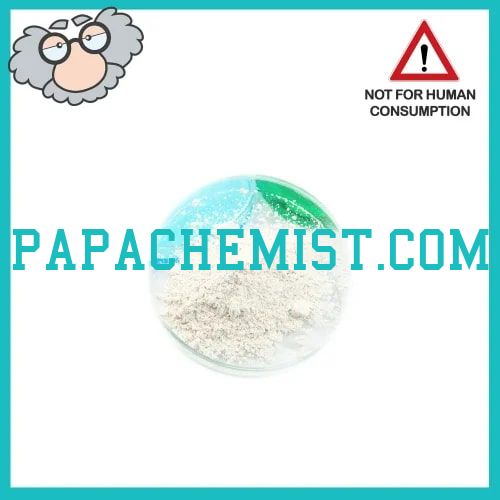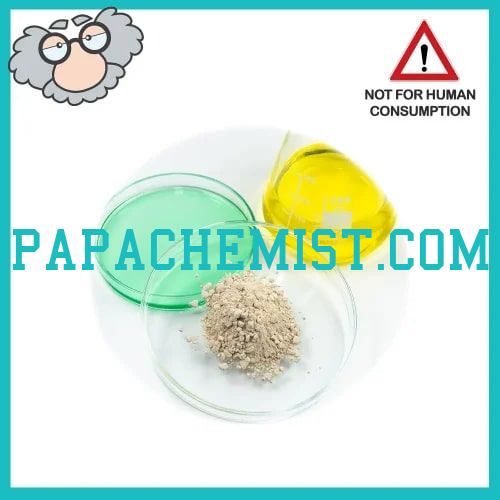Cannabinoids
Synthetic cannabinoids are a class of designer drug molecules that bind to the same receptors to which cannabinoids (THC, CBD and many others) in cannabis plants attach.
Showing (2) available items:
Synthetic Cannabinoid research chemicals
Typically, synthetic cannabinoids are sprayed onto plant matter and are usually smoked.
Most synthetic cannabinoids are agonists of the cannabinoid receptors. They have been designed to be similar to THC, the natural cannabinoid with the strongest binding affinity to the CB1
receptor, which is linked to the psychoactive effects or "high" of marijuana.[10] These synthetic analogs often have greater binding affinity and greater potency to the CB1 receptors.
There are several synthetic cannabinoid families (e.g. AM-xxx, CP-xx,xxx, HU-xx, JWH-xxx) which are classified by the creator of the substance (e.g. JWH stands for John W. Huffman),
which can include several substances with different base structures such as classical cannabinoids and unrelated naphthoylindoles.
 USD
USD GBP
GBP CAD
CAD AUD
AUD
